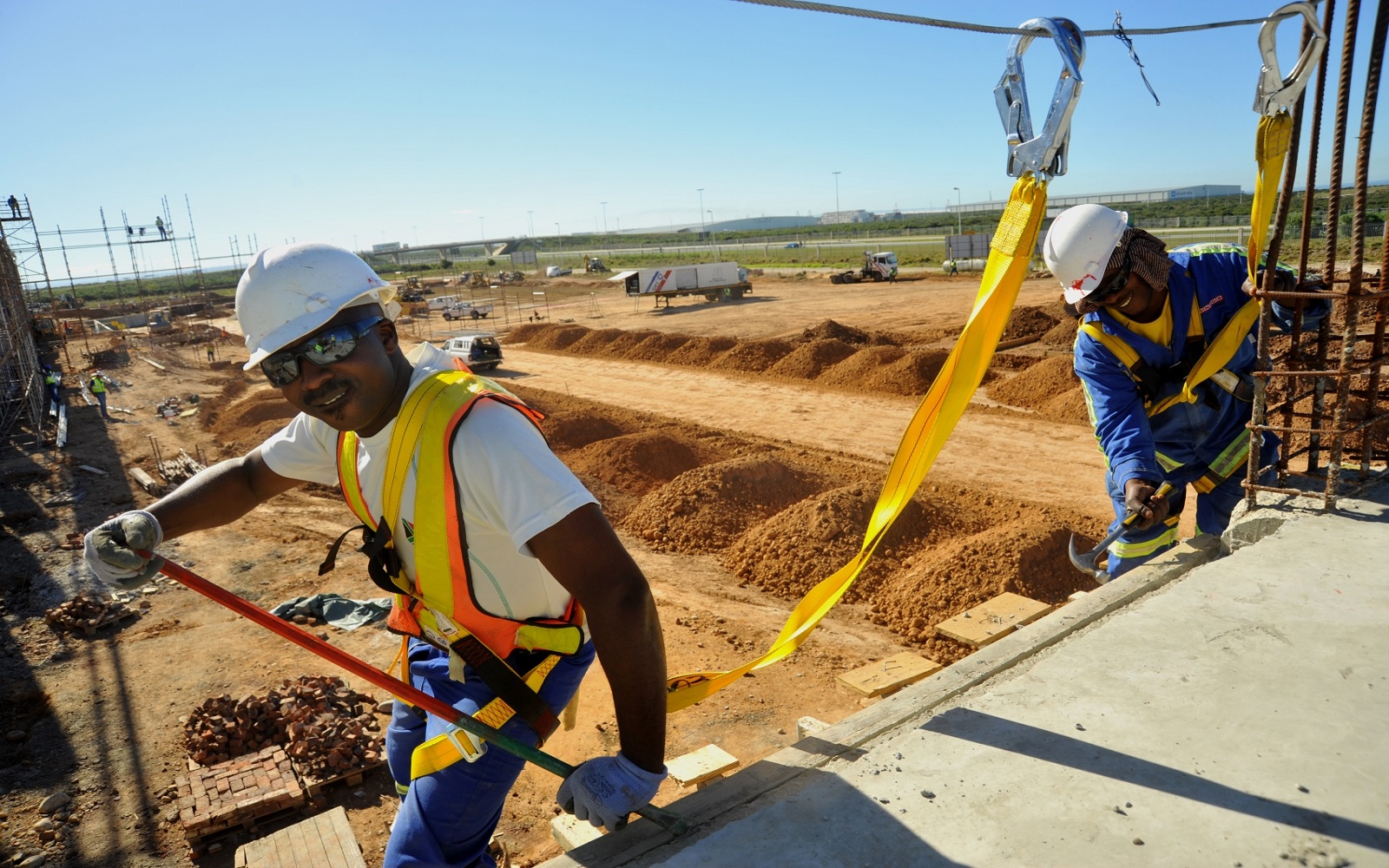The International Labour Organisation (ILO) yesterday disclosed that wages have generally been on the decrease, even as female workers around the world continue to earn about 20% less than their male counterparts.
This information is contained in the ILO’s global wage report 2018/19, which is based on research data from some 136 countries around the world.
The report revealed that in 2017, wages reached the lowest rate since 2008 when the global financial crisis destabilised most economies around the world.
The report further revealed that the decreasing wage situation is most pronounced in some of the world’s advanced economies where the wage growth rate was 0.4% in 2017, down from 0.9% in 2016. This contrasts with what obtained in some of the world’s emerging economies where the wage growth rate is said to have hovered between 4.3% in 2016 and 4.9% in 2017.
Reacting to this development, the Director-General of the International Labour Organisation, Mr Guy Ryder, said it is mind-boggling how wages declined in advanced economies despite a number of factors that would have led to a different situation.
“It’s puzzling that in high-income economies we see slow wage growth alongside a recovery in GDP growth and falling unemployment. And early indications suggest that slow wage growth continues in 2018. Such stagnating wages are an obstacle to economic growth and rising living standards. Countries should explore, with their social partners, ways to achieve socially and economically sustainable wage growth.” -Ryder
Meanwhile, whereas wages have grown exponentially in developing G20 countries over the past twenty years, the same cannot be said for many of the world’s low and middle-income countries like Nigeria where many workers’ salaries are nothing to write home about.
Similarly, women all over the world continue to earn far less than men based on surveys conducted in about 70 countries around the world.
Recall that the Nigerian Government and the Nigerian Labour Congress are still to come to any meaningful agreement over the new proposed minimum wage N30,000. In the meantime, breaking story has it that South Africa just increased its minimum wage to N126,480. This makes the country one of the highest paying in Africa.
